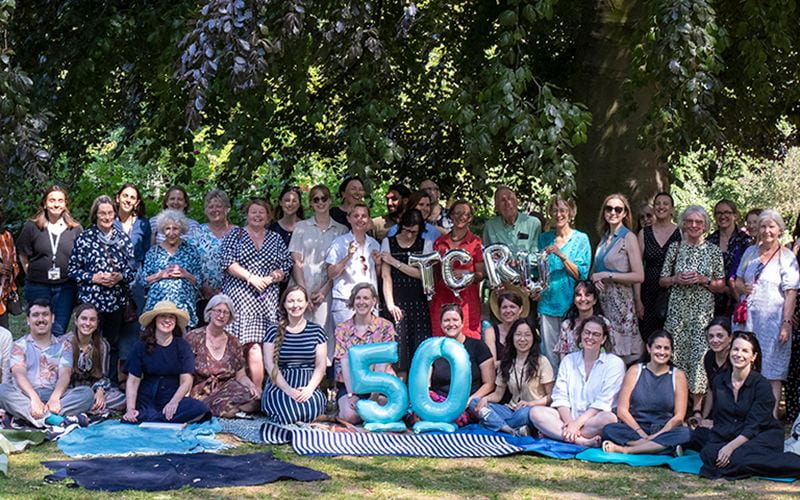Policy relevant social research – looking to the future at TCRU
By Blog Editor, IOE Digital, on 9 November 2023

Credit: Culture Creative / Adobe.
9 November 2023
By Alison Lamont and Alison Koslowski
This is the third in a series of blog posts celebrating the 50th anniversary of the Thomas Coram Research Unit (TCRU) and launch of Social Research for our Times. Following Peter Moss’s reflection on the founding directions of TCRU under its first director, Jack Tizard, and Claire Cameron and Eva Lloyd’s post showing some current strands of its work, we look to the future. In particular, we examine some of the ongoing challenges facing TCRU as we continue to work on delivering research with the strategic aim of informing policy. New, but quickly familiar challenges emerge: the slippery question of ‘impact’ and how to get research findings into the right hands at the right time, as well as the age-old fight to secure funding, now in a ‘post-Brexit’ landscape. In the conclusion to Social Research for our Times we consider these in connection with the local challenge of sustaining our research identity and our research. We focus on a) how we communicate our research findings, and to whom; and b) how we strengthen links with existing and prospective partners, especially now with European partners.
This post explores two modes of working that are already in action among TCRU colleagues and are promising avenues for building the Unit’s policy relevance. (more…)
 Close
Close





